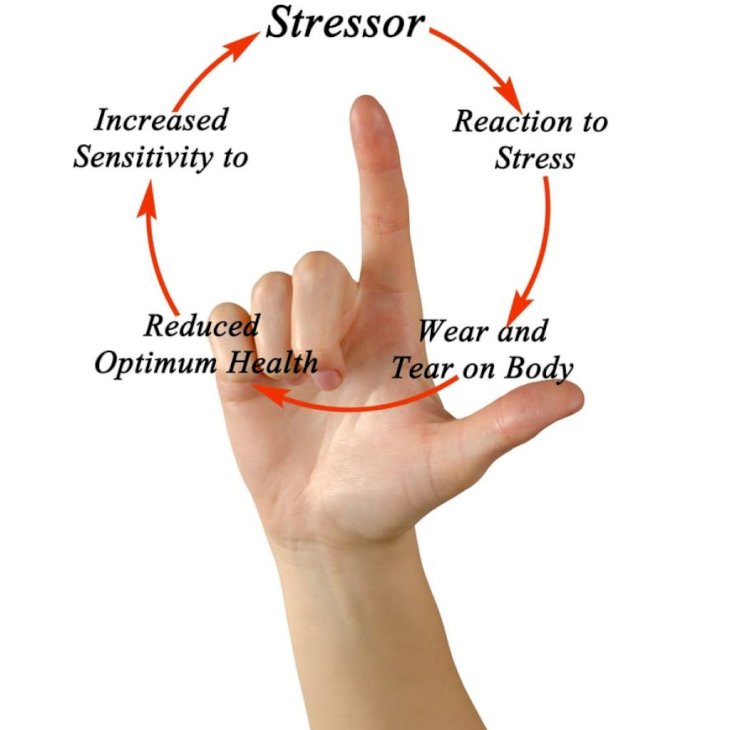
Stress Management: Ways to Prevent and Relieve Stress
Stress has become a normal part of modern-day life. With the busy pace of our daily lives, it’s easy to get overwhelmed while trying to balance work, family, friends, and time for yourself.
However, constant stress has a negative impact on one’s physical and mental health. It is important to learn how to manage stress. Here are 10 ways to reduce stress.
1. Get More Sleep

Shutterstock
Lack of sleep is one of the biggest causes of stress. Stress also interrupts sleep so the cycle continues. If possible avoid relying on medication and instead focus on achieving as much relaxation before going to sleep. Also, try to minimize stimulants in your bedroom and create a quiet space with tranquil colors to help relax your mind. Taking a warm bath or reading a calming, undemanding book is another great way to relax your mind. It is also important to try to go to bed at a set time each day to allow your mind and body to adapt to a bedtime routine.
2. Exercise

Shutterstock
Working out regularly has been proven to relax the body and mind. Exercise also improves your mood. It is imperative to exercise up to 2 hours and 30 minutes of moderately intense exercise including walking. Alternatively one can do 75 minutes of vigorous exercise such as swimming laps, jogging or other sports.
3. Eat Healthier & Avoid Stimulants

Shutterstock
It is important to limit or avoid consumption of nicotine and any drinks containing caffeine and alcohol when trying to manage stress. Caffeine and nicotine are stimulants that can increase stress levels. Alcohol in large quantities is a depressant but acts as a stimulant in smaller quantities.
Instead, swap caffeinated and alcoholic drinks for water, herbal teas, or diluted natural fruit juices. These hydrate the body and help it cope better with stress. It is also important to control the intake of refined sugars that lead to energy crashes. A healthy, well-balanced and nutritious diet can greatly reduce stress.
4. Eliminate the Stressors

Shutterstock
An intolerable level of psychological stress depends on the intensity of the situation and the person experiencing it. Your individual perception of a stressor is directly linked to your response to it.
While it may not be possible to avoid a stressful situation, it is possible to reduce the stress you experience. Evaluate what change you can make to the situation this can include giving up some of the responsibility associated with the situation, relaxing your standards, or simply asking someone to help you.
5. Meditate

Shutterstock
Research shows that mindful meditation can greatly reduce psychological stress and anxiety. There have been promising results from short-term meditation programs‘ work. Set aside five minutes in a quiet place to sit and breathe while focusing on the present moment.
6. Reconnect With Nature

Shutterstock
Studies also show that spending time in green space improves mood. There has been promising evidence that even watching a nature video can speed the recovery from stress whereas videos in urban settings do not have the same effect. When you are feeling stressed, take a moment outdoors to appreciate the simplicity of the nature around you.
7. Relax Your Muscles

Shutterstock
Another great way that reduces physical tension is to relax your muscles. Taking moments to spoil yourself with a hot bath, massage or even a nap can greatly help. Stretching, yoga, or acupuncture are also great measures to reduce muscle tension.